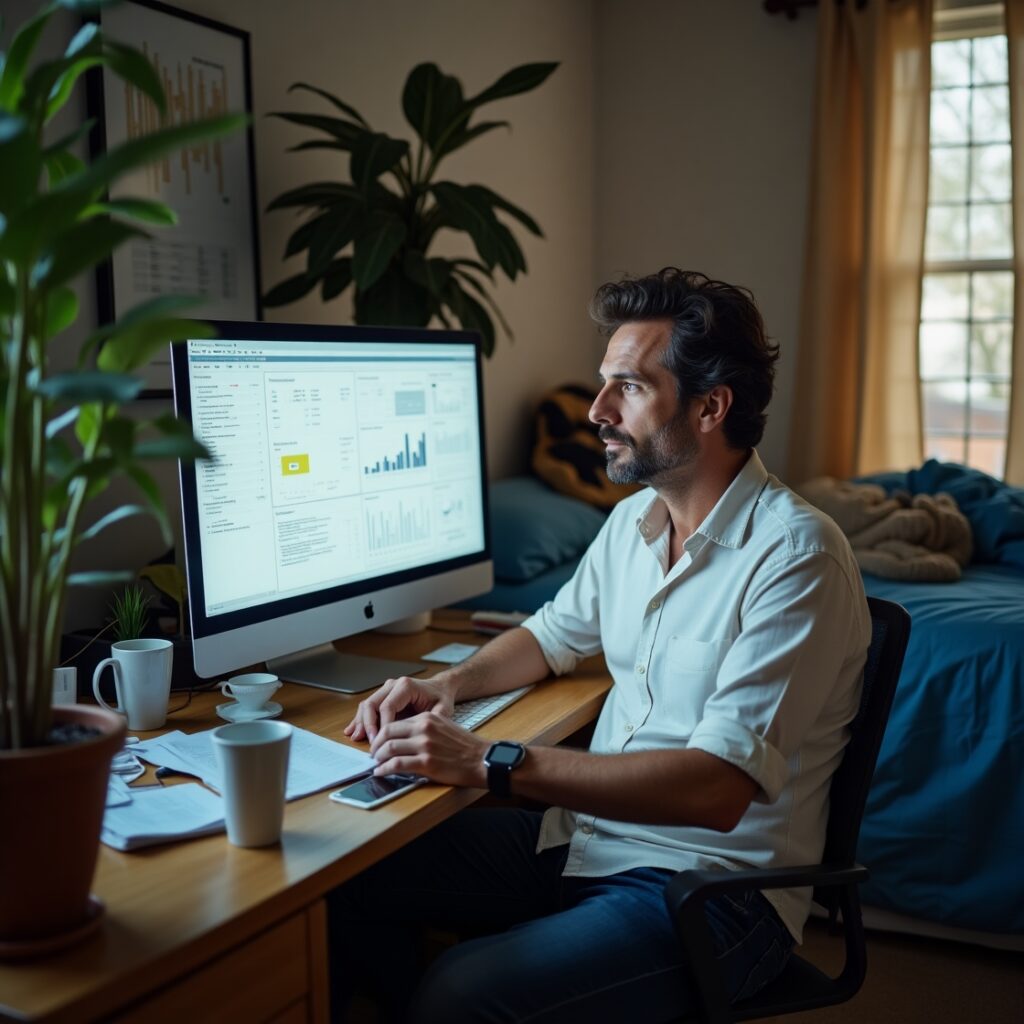
Regulated Forex Broker vs Unregulated Brokers: Why This is Important.
Discover why Forex broker regulation matters, how to verify a broker's license, and the risks…

Discover how to start a career in Forex Trading and the skills needed and become a Professional.
This article objective is to guide you on how to start Forex trading as a profession. It covers the essential basic steps, required skills, the best strategies, and the pros and cons of pursuing Forex trading as a full-time career. A dream for many and a reality for a few, but it is possible.
Forex trading is an attractive career choice for individuals seeking financial independence and flexibility. However, becoming a professional forex trader requires dedication, education, and strategic planning. In this guide, we will explore how you can start a career in Forex trading and what it takes to succeed.

Before diving into the market, it is crucial to gain a solid understanding of Forex trading concepts, such as:
Resources for learning include:
Selecting the right Forex broker is vital for a smooth trading experience. Consider factors such as:
Successful Forex traders rely on well-structured trading strategies. Popular strategies include:
Most brokers offer demo accounts where you can practice trading with virtual money. This helps in gaining confidence and testing strategies without financial risk.
Once you are confident in your strategy, you can open a live account and start trading with real money. Begin with a small investment and gradually increase your capital as you gain experience.
Risk management is crucial in Forex trading to prevent significant losses. Key risk management techniques include:
Emotional control and discipline are essential for long-term success. Avoid overtrading, stick to your strategy, and continuously review and improve your trading plan.
Forex trading can be a rewarding profession for those who are committed to learning and practicing effective trading strategies. By following the steps outlined in this guide, you can start your journey toward becoming a professional Forex trader.

The minimum capital required depends on the broker, but many allow you to start with as little as $100. However, a recommended amount for serious trading is $500-$1,000.
Yes, but it is highly recommended to educate yourself through courses, books, and demo trading before investing real money.
It varies for each individual, but on average, it can take 6 months to 2 years to develop consistent profitability.
Forex trading can provide financial freedom, but it comes with risks. Consistent learning, risk management, and discipline are necessary for long-term success.
Retail traders do not need a license, but if you want to manage funds for others, you may require regulatory approval depending on your country.